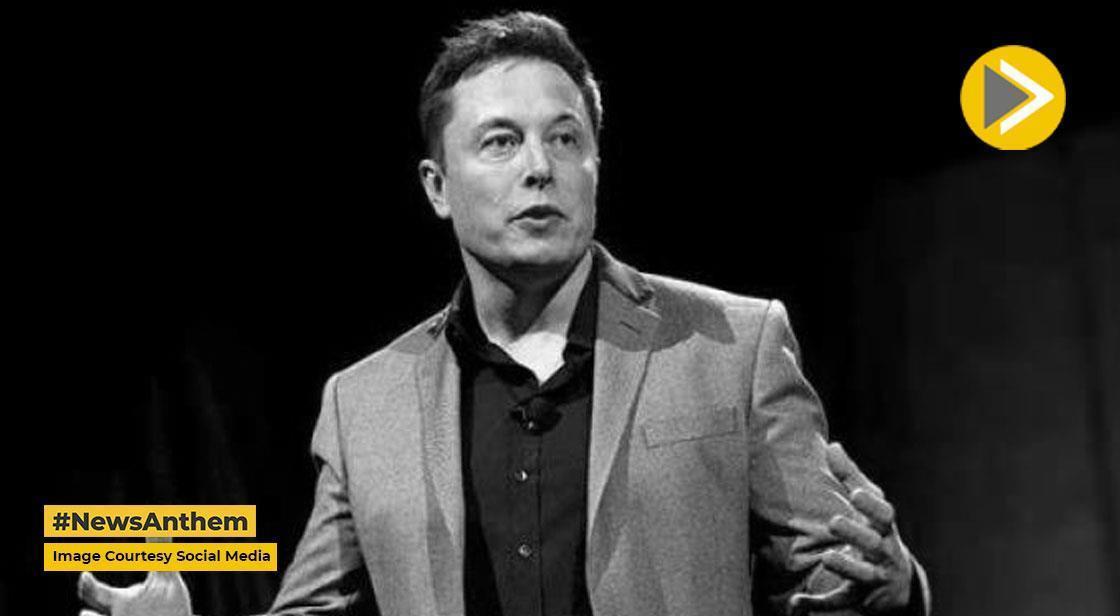OpenAI Slams Musk’s $97.4 Billion Takeover Bid, Calls Out Contradictions

News Synopsis
OpenAI’s board of directors has expressed skepticism regarding the USD 97.4 billion takeover bid led by billionaire entrepreneur Elon Musk and other investors.
According to a news agency, the AI research firm has questioned the legitimacy and rationale behind the proposal, highlighting contradictions in Musk’s stance on OpenAI’s governance and purpose.
Musk’s Takeover Bid and OpenAI’s Response
On Monday, a consortium of investors led by Musk submitted a staggering USD 97.4 billion bid to acquire OpenAI’s assets. In response, OpenAI CEO Sam Altman dismissed the offer with a sarcastic remark on social media platform X (formerly Twitter), stating, “No thank you, but we will buy Twitter for $9.74 billion if you want.” Musk retaliated by branding Altman a “swindler.”
Legal Implications and Accusations of Hypocrisy
In a court filing on Wednesday, OpenAI underscored inconsistencies in Musk’s legal arguments. The AI firm pointed out that Musk had previously insisted that OpenAI’s assets should remain with its nonprofit entity and should not be transferred to another organization for commercial gain. However, his recent takeover bid appears to contradict that stance.
According to a news agency, OpenAI’s board has not yet reached a formal decision regarding the acquisition proposal. The company asserts that Musk’s lawsuit against OpenAI, filed last year, was based on claims that OpenAI must be governed strictly as a nonprofit. Now, OpenAI contends that Musk’s attempt to take over the company suggests he is advocating for the opposite.
Legal Representation and Rebuttal
Marc Toberoff, a Los Angeles-based attorney representing Musk in the lawsuit against OpenAI, responded to the AI firm’s filing. In a statement to a news agency, Toberoff clarified, “The lawsuit is not about who controls OpenAI. It’s about Sam Altman and OpenAI’s misconduct.”
He further added, “If OpenAI’s board is prepared to stipulate to take the ‘For Sale’ sign off the charity’s assets in its so-called ‘conversion,’ Musk will withdraw his bid. But, of course, OpenAI will never do that.”
Ongoing Feud Between Musk and OpenAI
Elon Musk and Altman have been embroiled in a long-standing dispute over OpenAI’s direction and governance. In August 2023, Musk initiated legal proceedings against OpenAI, alleging that the company had deviated from its original nonprofit mission to develop artificial intelligence for the betterment of humanity and had instead prioritized profit-making endeavors.
This month, a U.S. federal judge ruled that certain aspects of Musk’s lawsuit—specifically, his attempt to prevent OpenAI from converting into a for-profit entity—could proceed to trial. The judge also indicated that Musk himself would be required to testify in court, as reported by Al Jazeera.
Musk’s AI Ambitions and Competing Interests
Musk co-founded OpenAI in 2015 alongside Sam Altman but departed from the company before it gained prominence. Subsequently, in 2023, he launched his own AI venture, xAI, which is now seen as a competitor to OpenAI’s cutting-edge artificial intelligence models.
Trump’s AI Infrastructure Plan and Potential Implications
Adding another dimension to the AI industry’s shifting landscape, former U.S. President Donald Trump recently unveiled Stargate, a joint venture set to invest approximately USD 500 billion in AI infrastructure.
This ambitious project is a collaboration between OpenAI, Oracle (ORCL), and SoftBank (SFTBY). Trump’s announcement, which came just days after taking office, has raised questions about the potential impact on AI governance, investments, and industry competitiveness.
Conclusion
The ongoing tussle between OpenAI and Elon Musk has taken another dramatic turn with the USD 97.4 billion takeover bid, which OpenAI has strongly questioned. The contradiction between Musk’s legal stance and his acquisition attempt has further complicated the situation, making it one of the most high-profile disputes in the AI industry.
As legal battles unfold, OpenAI remains firm in its governance approach, while Musk continues to challenge the organization’s shift toward commercialization.
With a U.S. federal judge allowing parts of Musk’s lawsuit to proceed, the future of OpenAI’s structure and ownership remains uncertain. Meanwhile, Musk’s growing interest in AI, evidenced by the rise of xAI, indicates that his rivalry with OpenAI and Sam Altman is far from over.
As AI technology rapidly advances, the outcome of this legal and corporate power struggle could have major implications for the future of AI research and governance.
You May Like









